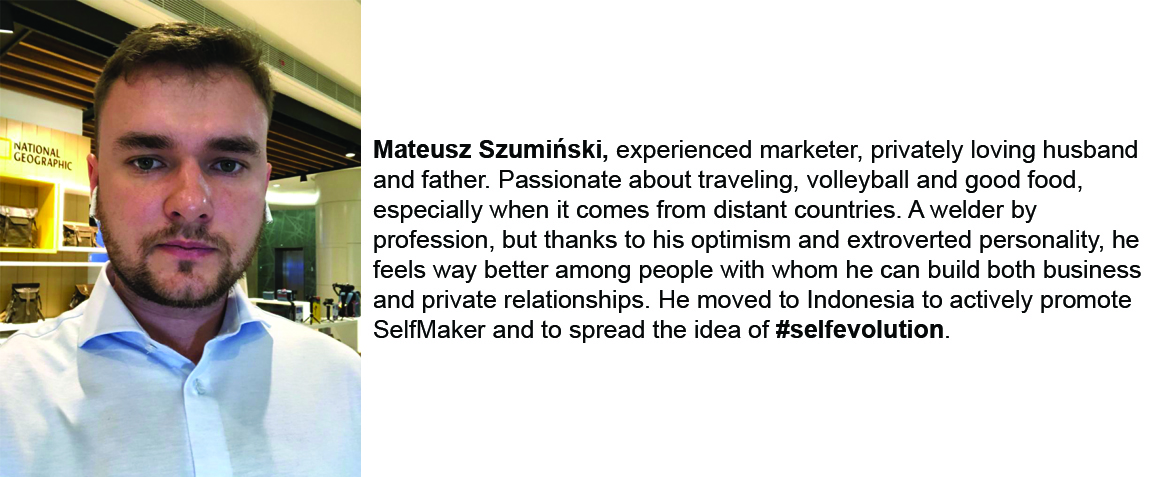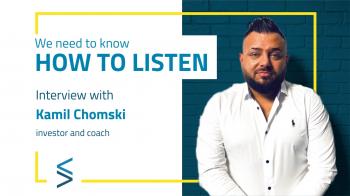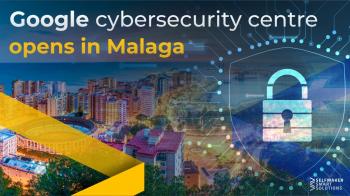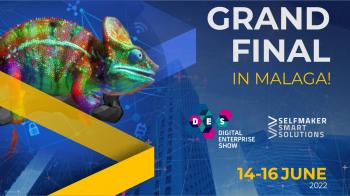"Sometimes crisis is just a new beginning". Feel invite to read second interview in the #selfevolution <STAR> series powered by SelfMaker Smart Solutions
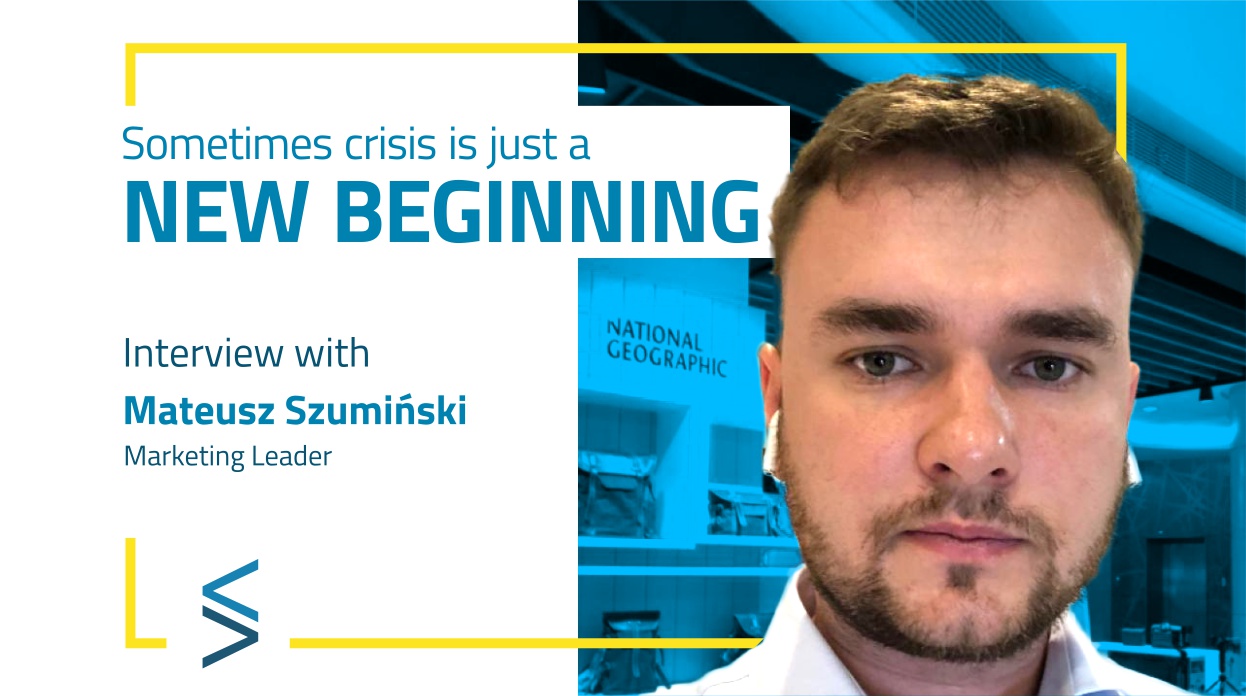
March 27, 2020 | #selfevolution interviews
If you ever wanted to explain someone what involvement is, but using only two words, there is one method to do it. These words are: Mateusz Szumiński. The man who left his life and family behind, only to promote a brand that he believes in, in a country ten thousand kilometers away. In this interview, we’ll find out Indonesians’ attitudess towards the current crisis situation, as seen by SelfMakers Ambassador. We will also learn how citizens of this country perceive the possibilities offered by automation.
MJ: Hello Mateusz! Let’s start with an issue that no conversation can do without recently. We are talking about coronavirus epidemic of course. How does the situation look in Indonesia?
MS: Unfortunately, it doesn’t look well. Indonesia is a country that is poorly developed in many of its regions, which has a great impact on low detection of disease and weak processes of treating it. This is the main cause of the high death rate. Of course, the government takes appropriate steps like closing the borders, limiting the possibility of moving, shutting down institutions, testing random citizens or providing public disinfectants, but because of autonomy it all depends on provinces and their own authorities and possibilities.
I guess that this difficult situation has an effect on social moods? How are people?
I don’t want it to sound bad, but observing the locals, you can get the impression that such crises as current ones do not impress them as much as the rest of the inhabitants of our planet. This may be due to the fact, that Indonesian history is full of political, economic and natural crises. It is an area with very high seismic and volcanic activity, so catastrophes connected with it are quite common, and I guess everyone heard of a tsunami that killed over one hundred thousands of Indonesians back in 2004. These disasters had often a more tragic outcome than the current one.
And what’s with business?
As everywhere I think. There are consequences of an epidemic that can’t be avoided. Isolation of people, introducing preventing measures and prohibitions will always drastically lower turnovers. Of course, gastronomic, touristic and retail sectors were hit the hardest way, but it reflects on the whole economy. A domino effect. But as I mentioned earlier, it’s hard to feel anything like panic here. It’s like they treat the current state as something normal, that will end soon and get back to normality.
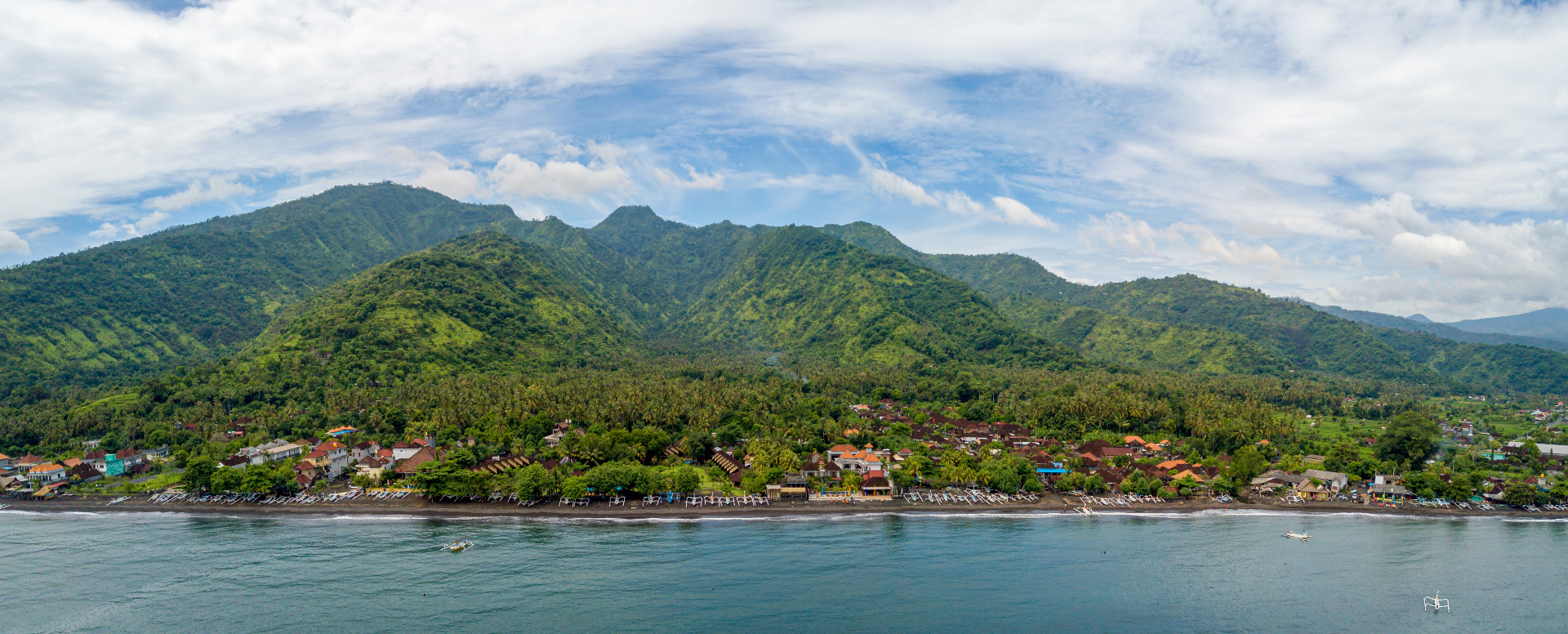
Maybe it will sound brutal, but do you just want to say, that they are simply used to live in crisis situations?
Maybe not “used to”, but mentally prepared for getting through it. They know that every crisis has its ends, and life goes on. Moreover, those who are smarter, use this time to prepare for the boom, that will inevitably come.
Got it. The large difference between the mentality of polish and Indonesian people can be seen here.
Exactly. We are different even when it comes to private and business life attitude. Indonesians, thanks to what they experienced before, know what the real crisis is, and we in Poland are slowly learning it right now. They never lower their guards, never close themselves in a safe “bubble”, but live like the next problems are waiting just around the corner. They try to look far forward, so in case of hard times, they would keep themselves and their families safe. And this attitude really works.
What exactly do you mean?
Diversification of income sources comes to them quite naturally. Besides working a full-time jobs, a large part of society has some side businesses like stalls with fresh products, small restaurants or wayside service points. They have a predisposition to it, like creativity, open minds, observation skills. They learn to communicate in foreign languages very quickly. But as a society there is still a lot to improve, especially when it comes to working efficiency, optimization of workforce or customer service standards, to which we – Europeans are not used to, and they may seem irritating for us.
Continue please...
I am talking about ubiquitous excess of time or leaving the job site to have a little chat with others, which delays service time. Proper education is what would release and properly orientate the potential of these people because I believe that Indonesia could be one of the real, modern and rapidly developing “Asian Tigers”. That’s why I am here, to show at least some of them, how to use their strength to obtain measurable benefits.
Isn’t it the spot for self-service devices?
That was my point actually! Currently, self-service kiosks can be seen almost exclusively in McDonald’s and KFC restaurants. These devices are standardized and look similar to these in Poland. But there is huge potential for more. Automation of many sectors is possible or even required. It could definitely improve the tourist experience by increasing the speed and quality of service. Additionally, it is worth to note, that Indonesians are addicted to technology and gadgets. Almost everyone here has a smartphone and a power bank by his side, no matter how his financial situation looks. So self-service devices would be a perfect solution for them too.
Have they already learned what SelfMaker is? How do they like that idea?
They are still learning. Their knowledge is growing every day. At this moment I can say that they are delighted, both with the possibilities offered by our kiosks, as well as their quality and light, elegant design. The potential is clear to them and they see the future in it, they are willing to invest their funds in our devices, and to actively spread #selfevolution idea, but they are also a bit scared.
Scared?
Yes, they are scared of the situation, when automation takes their jobs, making supporting their families impossible. But what they don’t understand is fact that machines will take the most tedious and time-consuming activities, which will let them take care of other tasks, and to gain more free time that they can spend with loved ones. That’s why we need solid, well-functioning solutions and proper education. If we manage to provide them, the market will fully accept it.
Sounds great. It seems that you’re the right person in the right place. How do you evaluate the chance of SelfMaker development in Indonesia?
Thanks a lot, I think I won’t let you down. It’s easy for me to stay optimistic as I see the enthusiasm of investors and even local people. There is even a plan for opening a production facility here, on-site, but the way is still long, and I don’t want to jinx it.
We all keep our fingers crossed for the success of this plan! As we are coming to an end, answer one more question. Do you miss Poland? And your family?
The answer is obvious – I miss very much, but I know why I’m here, what is my goal so I am motivated to work hard and to come back to Poland after my job here is done.
Thank you for this interesting conversation! Good Luck!
Thank you too.
Interview by Mateusz Jarzombek
